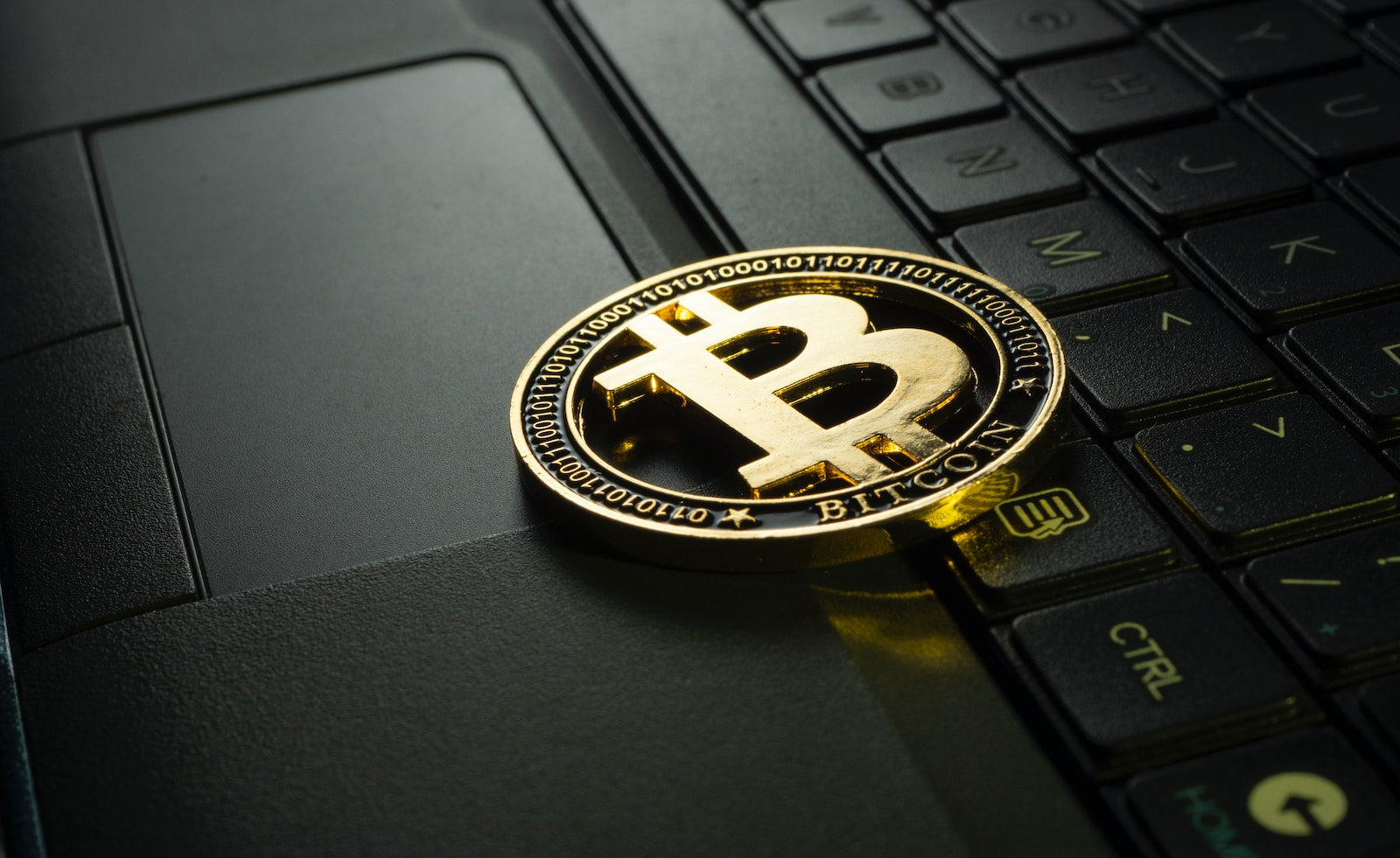Hello there, fellow ethical spenders! I’m delighted to dive into a topic that’s been generating quite the buzz in the world of finance lately – cryptocurrency. While it might seem like an unlikely hero in the quest for ethical financial practices, today, we’re going to explore just how digital currencies are shaking things up in a way that might surprise you.
Before we embark on this crypto journey, let’s set the stage. For the past four years, I’ve been sharing my thoughts on ethical spending and responsible financial choices. As someone who’s always been curious about innovative solutions that align with ethical values, cryptocurrency has been on my radar for some time. But it’s not all numbers and blockchain jargon; there’s a lot more to it than meets the eye.
The Traditional Financial System’s Ethical Quandary
First, let’s address the elephant in the room: the traditional financial system. It’s no secret that this system has its fair share of ethical concerns. From opaque banking practices and exorbitant fees to issues of inequality and exclusion, the system often leaves much to be desired for those striving for financial ethics.
Enter cryptocurrency, stage left.
Decentralization and Transparency
One of the fundamental pillars of cryptocurrency is decentralization. Unlike traditional banks and financial institutions, cryptocurrencies like Bitcoin and Ethereum operate on a decentralized network of computers. This means there’s no central authority, which translates to more transparency in financial transactions.
Imagine a world where every financial transaction is as clear as day, free from the shadowy dealings that have plagued traditional finance for decades. It’s a step toward a more ethical financial landscape.
Inclusive Financial Access
Cryptocurrency has the potential to bridge the gap when it comes to financial inclusion. In many parts of the world, people lack access to basic banking services due to various reasons like remote locations, documentation challenges, or distrust in the traditional banking system.
With cryptocurrency, all you need is an internet connection and a smartphone or computer. This accessibility can empower the unbanked and underbanked populations, allowing them to participate in the global economy ethically.
Reducing Remittance Costs
If you’ve ever sent money abroad, you’ve probably felt the sting of hefty remittance fees. Traditional financial institutions tend to charge exorbitant fees for international money transfers. But cryptocurrency, with its borderless nature, can significantly reduce these costs.
For example, let’s say you want to send money to your cousin studying abroad. Instead of losing a chunk of your hard-earned cash to fees, you can use cryptocurrency to send the exact amount with minimal fees. This not only saves you money but also promotes ethical financial practices by putting more money in the hands of the intended recipient.
Empowering Small Businesses
Small businesses often struggle with payment processing fees and lengthy transaction times imposed by traditional financial systems. Cryptocurrency can level the playing field for these enterprises. By accepting digital currencies as payment, small businesses can avoid excessive fees and provide faster, more efficient service to their customers.
Imagine ordering your morning coffee at your favorite local cafe and paying with cryptocurrency, all while supporting ethical financial practices and your local economy. It’s a win-win.
Charitable Giving with Transparency
The world of charity and donations is another arena where cryptocurrency shines a light on ethical practices. Blockchain technology ensures that donations are traceable and transparent, reducing the likelihood of funds being misused or lost in administrative costs.
Organizations like UNICEF have embraced cryptocurrencies for fundraising, allowing donors to see exactly where their money is going. This transparency not only builds trust but also encourages more ethical contributions to worthy causes.
Challenges and Ethical Considerations
Of course, it’s not all sunshine and rainbows in the world of cryptocurrency. Like any disruptive technology, it comes with its share of challenges and ethical considerations.
Volatility and Speculation
Cryptocurrencies are notorious for their price volatility. While this volatility can lead to potential profits for investors, it also raises ethical questions. Speculative behavior can drive prices to unsustainable levels and harm those who are not well-versed in the market’s intricacies.
Ethical financial practices in the crypto world require responsible investing and a deep understanding of the risks involved. It’s not a get-rich-quick scheme, and it’s essential to tread carefully.
Environmental Concerns
The environmental impact of cryptocurrency mining has garnered significant attention. Some cryptocurrencies, like Bitcoin, require immense amounts of energy for mining, leading to concerns about carbon footprints and ecological sustainability.
Ethical investors are increasingly looking for eco-friendly cryptocurrencies that use less energy, such as Proof-of-Stake (PoS) coins. Being mindful of the environmental consequences is a crucial aspect of ethical cryptocurrency participation.
Regulatory Uncertainty
The regulatory landscape for cryptocurrencies is still evolving. This uncertainty can create ethical dilemmas, as some individuals and entities may exploit the lack of clear guidelines for illegal activities.
However, responsible cryptocurrency enthusiasts are pushing for regulatory frameworks that protect consumers and promote ethical practices within the industry. It’s a dynamic field, and positive changes are on the horizon.
Conclusion: A Brave New World of Ethical Finance
In the world of ethical spending and financial practices, cryptocurrency is emerging as a game-changer. It offers transparency, financial inclusion, reduced fees, and the potential to empower small businesses and charitable organizations.
However, it’s essential to navigate the cryptocurrency space with caution and ethical mindfulness. As with any financial endeavor, research and responsible decision-making are paramount.
Cryptocurrency has the potential to revolutionize the way we think about money and ethics in finance. Whether you’re an enthusiast, investor, or someone just curious about this digital frontier, it’s clear that the world of cryptocurrency is here to stay and deserves a place in the conversation about ethical financial practices.
So, dear readers, as we continue our journey towards more ethical spending and financial choices, let’s keep our minds open to the possibilities that cryptocurrency brings to the table. It might just be the ethical financial superhero we’ve been waiting for.
Stay ethical, stay curious, and until next time, happy spending!
